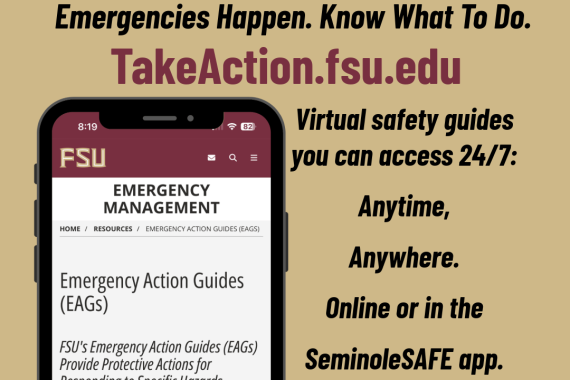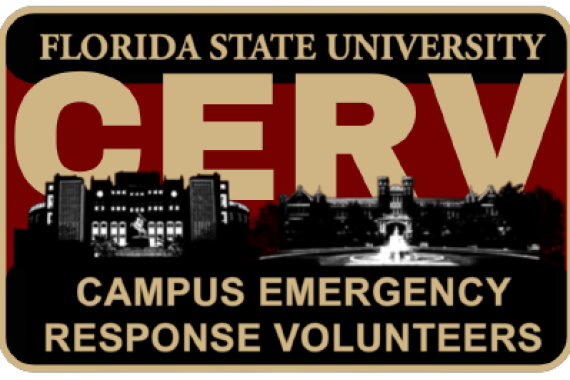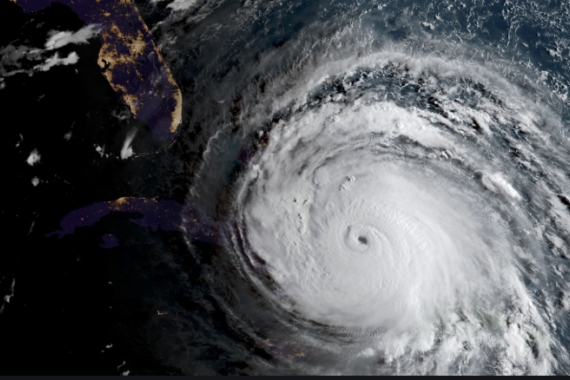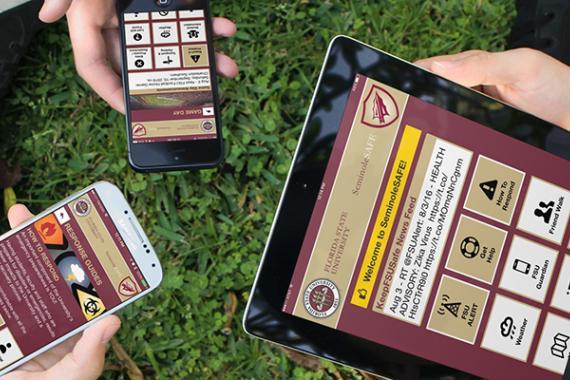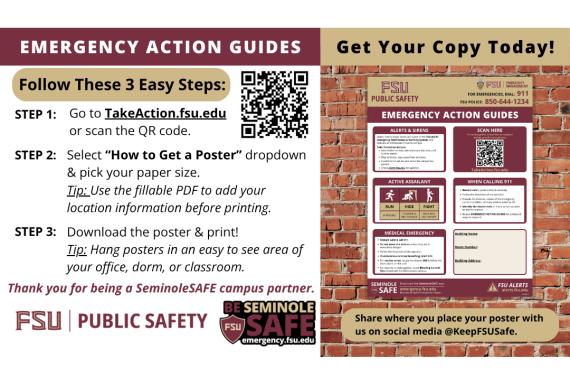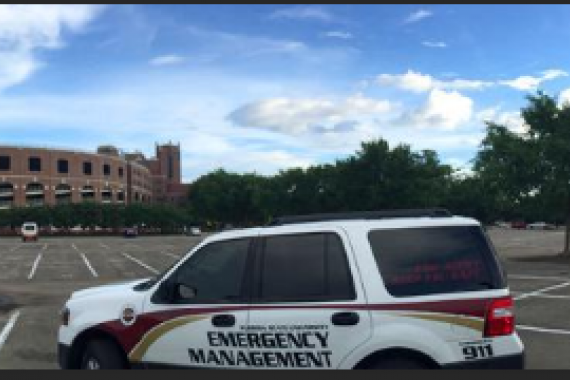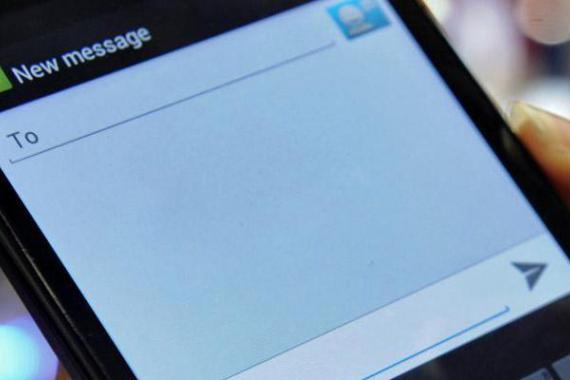IT'S FLORIDA! HOW CAN IT BE COLD?: You're in NORTH Florida... Average temperatures in Tallahassee during the winter months range from the low 40s to the mid 60s. Temperatures routinely drop below freezing (32°F). The record lows in Tallahassee for November - March range from 20°F to an all-time low of -2°F. Panama City is only a couple degrees warmer on average than Tallahassee.
IS COLD WEATHER DANGEROUS?: YES. During the harsh winter of 1989-1990, 26 Floridians died of hypothermia. Because of normally mild temperatures, Florida homes often lack adequate heating and insulation and the Florida outdoor lifestyle leads to danger for those not prepared. In addition to the actual temperature, when the wind blows, a wind chill (the temperature that it feels like) is experienced on exposed skin. Also cold weather has been known to cause problems with electric supply. A blackout could result in near-freezing temperatures inside your house.
SNOW IN TALLAHASSEE!?: Yes! It has snowed in Florida many times. In Tallahassee, measurable snow last fell in 2018.
HOW WILL I KNOW OF BAD WINTER WEATHER?: When freezing temperatures, precipitation or low wind chills are expected, the National Weather Service will issue warnings or advisories.
WHAT IS WIND CHILL?: The wind chill is the cooling effect due to the combination of temperature and wind. It is expressed as the loss of body heat.
HOW IS WIND CHILL CALCULATED?: Use the following handy chart. Go across the top to the current temperature, then down to the current wind speed, to calculate the current wind chill. So, for example, a 30°F temperature, with a 20 mph wind, can feel like 17°F.
| Wind Speed | Temperature (F) | |||||||||||
|---|---|---|---|---|---|---|---|---|---|---|---|---|
| Calm | 40 | 35 | 30 | 25 | 20 | 15 | 10 | 5 | 0 | -5 | -10 | |
| 5 | 36 | 31 | 25 | 19 | 13 | 7 | 1 | -5 | -11 | -16 | -22 | |
| 10 | 34 | 27 | 21 | 15 | 9 | 3 | -4 | -10 | -16 | -22 | -28 | |
| 15 | 32 | 25 | 19 | 13 | 6 | 0 | -7 | -13 | -19 | -26 | -32 | |
| 20 | 30 | 24 | 17 | 11 | 4 | -2 | -9 | -15 | -22 | -29 | -35 | |
| 25 | 29 | 23 | 16 | 9 | 3 | -4 | -11 | -17 | -24 | -31 | -37 | |
| 30 | 28 | 22 | 15 | 8 | 1 | -5 | -12 | -19 | -26 | -33 | -39 | |
| 35 | 28 | 21 | 14 | 7 | 0 | -7 | -14 | -21 | -27 | -34 | -41 | |
| 40 | 27 | 20 | 13 | 6 | -1 | -8 | -15 | -22 | -29 | -36 | -43 | |
| 45 | 26 | 19 | 12 | 5 | -2 | -9 | -16 | -23 | -30 | -37 | -44 | |
| 50 | 26 | 19 | 12 | 4 | -3 | -10 | -17 | -24 | -31 | -38 | -45 | |
| 55 | 25 | 18 | 11 | 4 | -3 | -11 | -18 | -25 | -32 | -39 | -46 | |
| 60 | 25 | 17 | 10 | 3 | -4 | -11 | -19 | -26 | -33 | -40 | -48 | |
WHAT ARE THE 5 P's OF COLD WEATHER PREPAREDNESS?
- People: Prolonged exposure to cold temperatures, even in Florida, runs the risk of hypothermia. This is especially true if you are wet, including from sweating.
- Plants: The hard freeze temperatures predicted can easily kill outdoor plants which are not cold tolerant. Bring them indoors, if possible, or cover them up.
- Pets: Just like you, pets in Florida are not accustomed or equipped (thin undercoat) to these temperatures. Please bring them indoors.
- Pipes: Exposed pipes run the risk of freezing and bursting. This may result in tremendous water loss and extremely dangerous ice conditions on walkways and roadways. Same is true for irrigation systems; do not turn sidewalks into ice rinks.
- Practice Fire Safety: As tempting as it is to cozy up to a warm fire or space heater, there are specific things you must do to prevent a fire.
HOW CAN YOU PREPARE FOR COLD WEATHER?
- Stay indoors and use safe heating sources.
- Be aware of the fire danger from space heaters and candles, keep such devices away from all flammable materials such as curtains and furniture, and install recommended smoke detectors.
- Indoors, do not use charcoal or other fuel-burning devices, such as grills that produce carbon monoxide. Install at least one carbon monoxide detector per floor in your home.
- Have your fireplace chimney or wood stove inspected and cleaned regularly by a certified specialist. Clear the area around the hearth of debris, decorations, and flammable materials.
- Outdoors, stay dry and in wind protected areas.
- Wear multiple layers of loose-fitting, warm clothing.
- Drink plenty of non-alcoholic fluids and eat high-caloric foods.
- Keep a blanket in your vehicle should you get stuck on the road or your vehicle breaks down.
WHAT ABOUT FIRE SAFETY DURING COLD WEATHER?
- Many people become alarmed on campus and at home the first time heaters are turned on because months of dust collection on the heat strips and coils burns off, emitting a burning smell and possibly even tripping fire alarms. This is a normal occurrence.
- Fireplace and wood stove users should have their chimneys inspected and cleaned if they have not done so in recent years, especially if you burn wood. Click here for more information.
- Electric or Kerosene Space heaters are NOT allowed for use on campus. For home… Buy only heaters evaluated by a nationally recognized laboratory, such as Underwriters Laboratories (UL). Check to make sure it has a thermostat control mechanism, and will switch off automatically if the heater falls over. Heaters are not dryers or tables; don't dry clothes or store objects on top of your heater. Space heaters need space; keep combustibles at least three feet away from each heater. Always unplug your electric space heater when not in use. Click here for more information.
- Cold temperatures bring the popular use of candles. Candle use on campus requires approval from EH&S and the Fire Marshall. Click here For information about candle safety.


